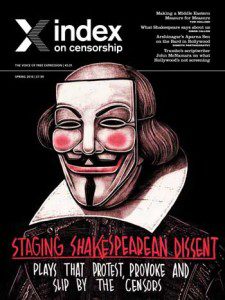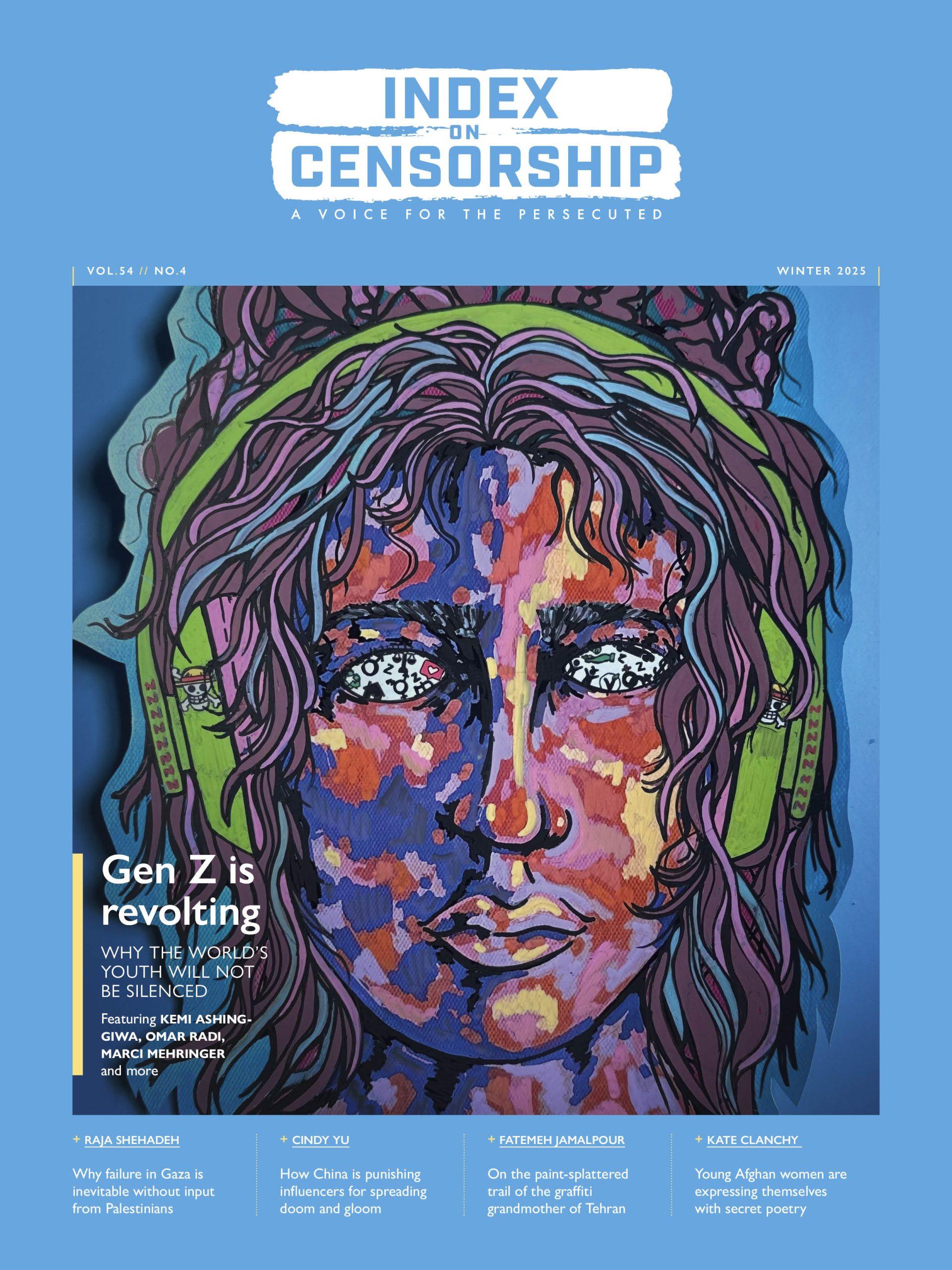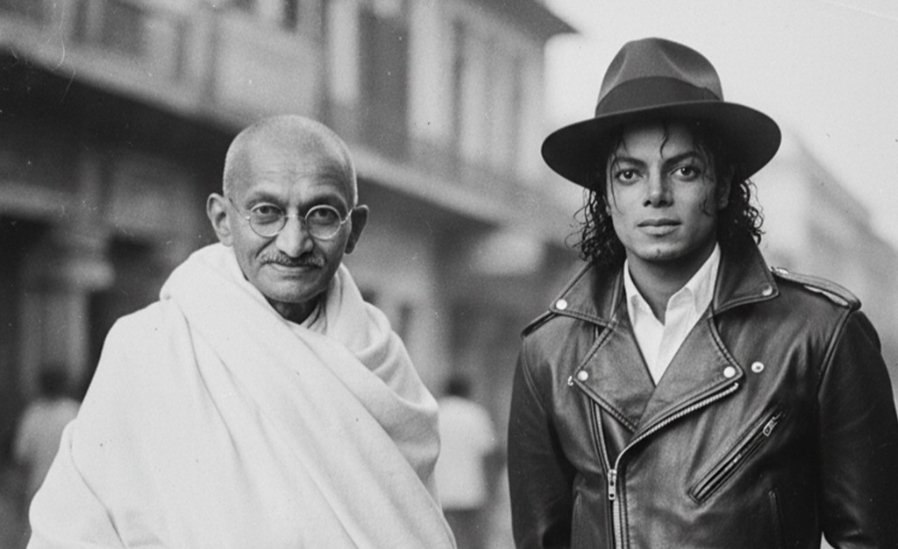
Poet Edin Suljic was inspired to write My Mate Shakespeare after a recent trip to his home country
My Mate Shakespeare
The first time I met Shakespeare, he looked nothing like himself, nothing like that
depiction of a poster boy with a hipster beard one comes across every so often.
No, he was tall, scrawny, flamboyant, thin-moustached and bespectacled, with large
hands into which his guitar almost disappeared as he sang perched on a low
stool, in the theatre’s green room, where we would occasionally be allowed to
sneak into as aspiring writers and actors, to join the post-press-night party.
In those days we shared many breakfasts, mainly a coffee and cigarettes, and
sometimes a boiled egg given to us by a kind cook in the theatre’s canteen.
And our fortunes took many turns …
Some claimed his work as if it was their own, they complained about too many foreigners
in his plays (As if we don’t have our own trulls – they’d say). Others even claimed he
never wrote anything, or worse, that he never existed. My mate Shakespeare …
Every so often he’d ask me if I am still writing, then say:
– Keep writing, keep writing, me duck …
But then, he ripped apart my first play.
That’s too serious boyo – he said, and inserted an innuendo into every second paragraph.
He was madly in love with this blonde, petite, round-eyed actress who was patiently
waiting for her lucky break on stage, and for him to come to her garret.
Almost addicted to bingo and drinking a lot of poor-quality brandy, he got himself into
many troubles by attacking so many kings, offending so many celebrities and ridiculing
politicians; and he wrote too many plays about deformity and cross dressing.
Even his small girlfriend turned out to be a man in disguise.
Then the war tore everything apart, and I haven’t seen him since.
The world entered into this never-ending war.
I heard the stories … He married a very different girl and they had two beautiful
children and they lived somewhere in the outskirts of the City.
He doesn’t go to the theatre anymore.
But then, like most stories about him, these too, turned out to be unreliable.
I saw him once more – in the East End. That last time I saw him, he
looked like a broken man. My friend. My indestructible friend.
Something or somebody managed to do it to him.
I suppressed a cry inside myself. What is left for the rest of us? What
will happen to us if people like him could be broken?
Then he leaned over his glass of cheap brandy and whispered
– Keep writing, keep writing, boyo …

Spring 2016 cover
Read an interview with Suljic in the latest magazine. This Saturday (April 23) marks the 400th anniversary of Shakespeare’s death. To commemorate this, the spring issue of Index on Censorship magazine is a Shakespeare and protest special, featuring pieces that explore how the bard’s plays have been used to circumvent censorship and tackle difficult issues around the world; from Bollywood adaptions to Othello in apartheid-era South Africa and a ground-breaking recent performance of Romeo and Juliet between Kosovan and Serbian theatres, along with reports on theatre upsetting people in the USA, and interviews with directors around the world. Historian Tom Holland writes about how a Middle Eastern performance of Measure for Measure would hit the spot, and playwright Elizabeth Zaza Muchemwa on how Shakespeare sneaks tricky debates into Zimbabwean culture.
Order your full-colour print copy of our Shakespeare magazine special here, or take out a digital subscription from anywhere in the world via Exact Editions (just £18* for the year). Each magazine sale helps Index on Censorship fight for free expression worldwide.
*Will be charged at local exchange rate outside the UK.
Magazines are also on sale in bookshops, including at the BFI and MagCulture in London, News from Nowhere in Liverpool and Home in Manchester; as well as on Amazon and iTunes. MagCulture will ship to anywhere in the world.












